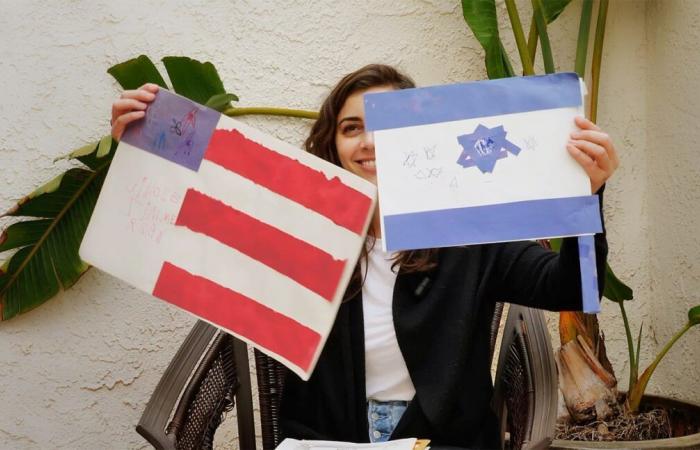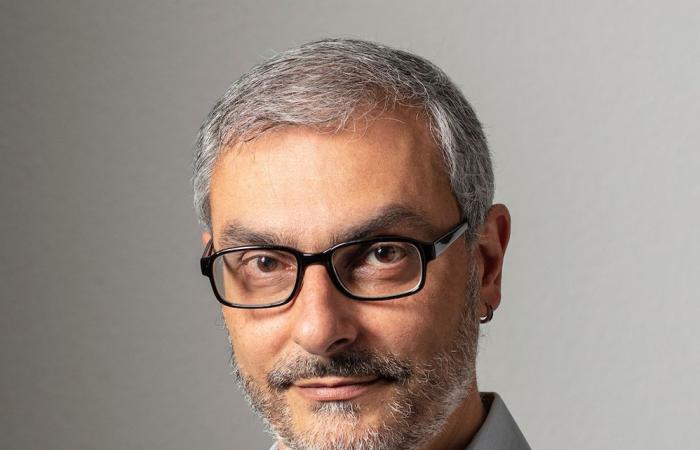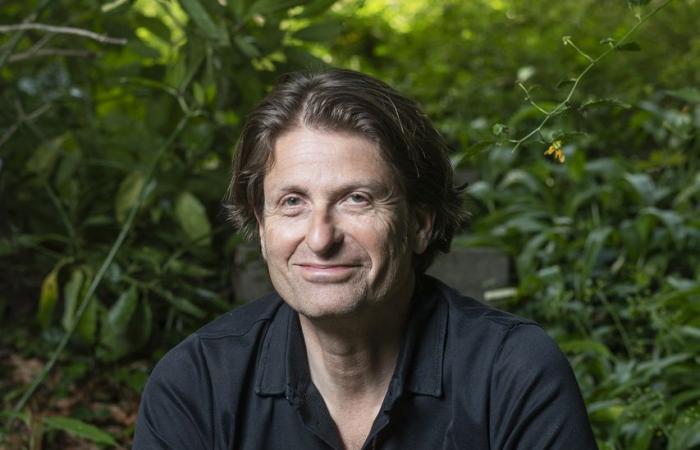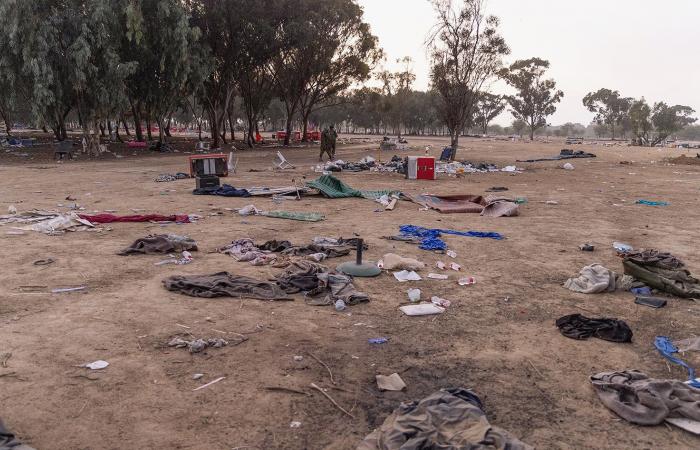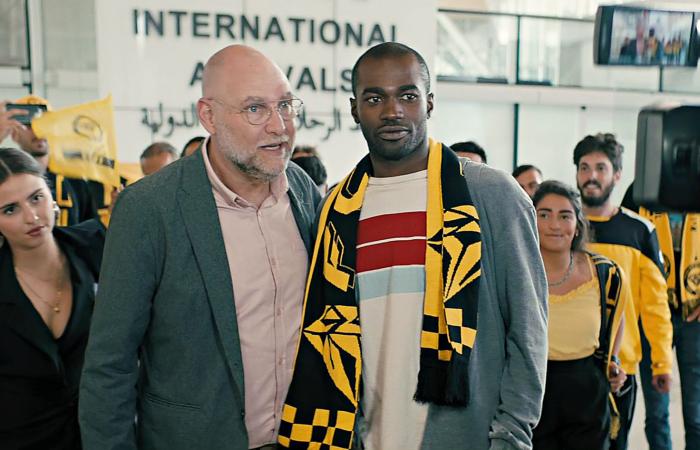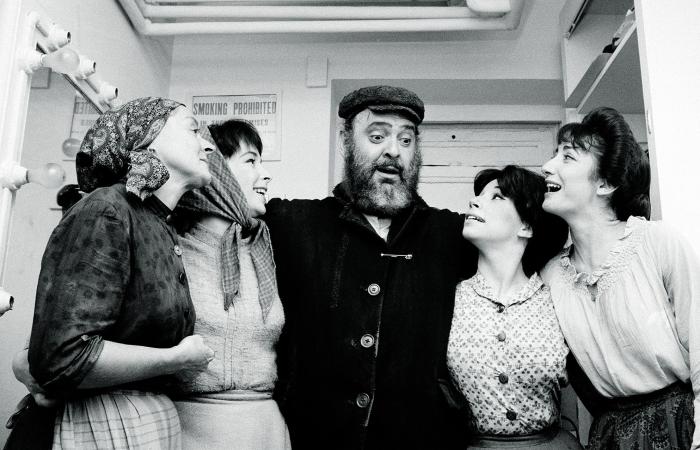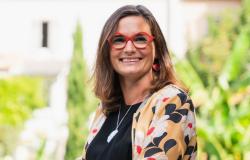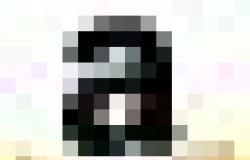The San Francisco Jewish Film Festival awarded “Israelism” the award for best documentary film. American universities canceled its screening. The film has been decried as anti-Semitic, despite being made by Jews. Yesh! decided to screen it in Zurich for a public debate.
Yes!
Michel Rappaport, director of the Yesh! Jewish Film Festival in Zurich (November 7 to 14), discusses the challenges encountered in developing the program for this year’s edition as well as the introspection of the Jewish diaspora following the terrorist attacks of October 7, 2023 on Israeli territory.
This content was published on
November 12, 2024 – 08:14
Eduardo Simantob
Born in São Paulo, Brazil, works in the Portuguese editorial team of swissinfo.ch where he is responsible for culture. With degrees in cinema, management and economics, he was a journalist at Folha, a major daily newspaper in São Paulo, before moving to Switzerland as a correspondent for various Brazilian press outlets. Based in Zurich, Eduardo Simantob has worked in print and digital media. He has also participated in international co-productions of documentary films, in events in the field of visual arts (3rd Bahia Biennale; Johann Jacobs Museum in Zurich) and was a guest speaker on the theme of transmedia narration at the Haute école de Lucerne.
-
English
in
Israel, diaspora, Gaza: Swiss film festival exposes the fault lines of Jewish identity
original
lire plus Israel, diaspora, Gaza: Swiss film festival exposes the fault lines of Jewish identity
-
Russian
ru
Film Festival Yesh! reveals the contradictions of Jewish identity
lire plus Film Festival Yesh! reveals the contradictions of Jewish identity
There are dozens of Jewish film festivals around the world, from Hong Kong to Canada. The United States alone has at least 20 festivals. These range from small-scale community events to more professional events like those in Toronto, London and New York.
The multiplicity of Jewish film festivals reflects the diversity of Jewish identities and perspectives, often in conflict: secular and religious, Zionist and anti-Zionist, traditionalist and reformist, Israel versus the diaspora, and many nuances in between.
“This multicultural aspect of Jewishness is really fascinating, but it also makes it much more complex,” says Michel Rappaport, director of the Yesh! Jewish Film Festival.External link in Zurich.
The word yes in Hebrew has many meanings, but essentially it relates to the existence or presence of something. In the case of the festival, these are 34 films screened from November 7 to 14 in Switzerland’s largest city, as well as question-and-answer sessions with the directors and a debate around the controversial documentary Israelism by Erin Axelman (United States). In short, plenty of opportunities to reflect on the eternal question of what it means to be Jewish.
External content
For non-Jewish people, especially
Yesh! was born from a film club made up of cinema enthusiasts from the Jewish community of Zurich. This year, it celebrates its tenth edition. For Michel Rappaport, the most important thing – and the reason why this architect devotes almost half of his time to the event – is to make the festival a platform for discussion that brings together people, Jews and non-Jews, through through cinema. “If the festival was only for Jewish people, I wouldn’t do it,” he says.
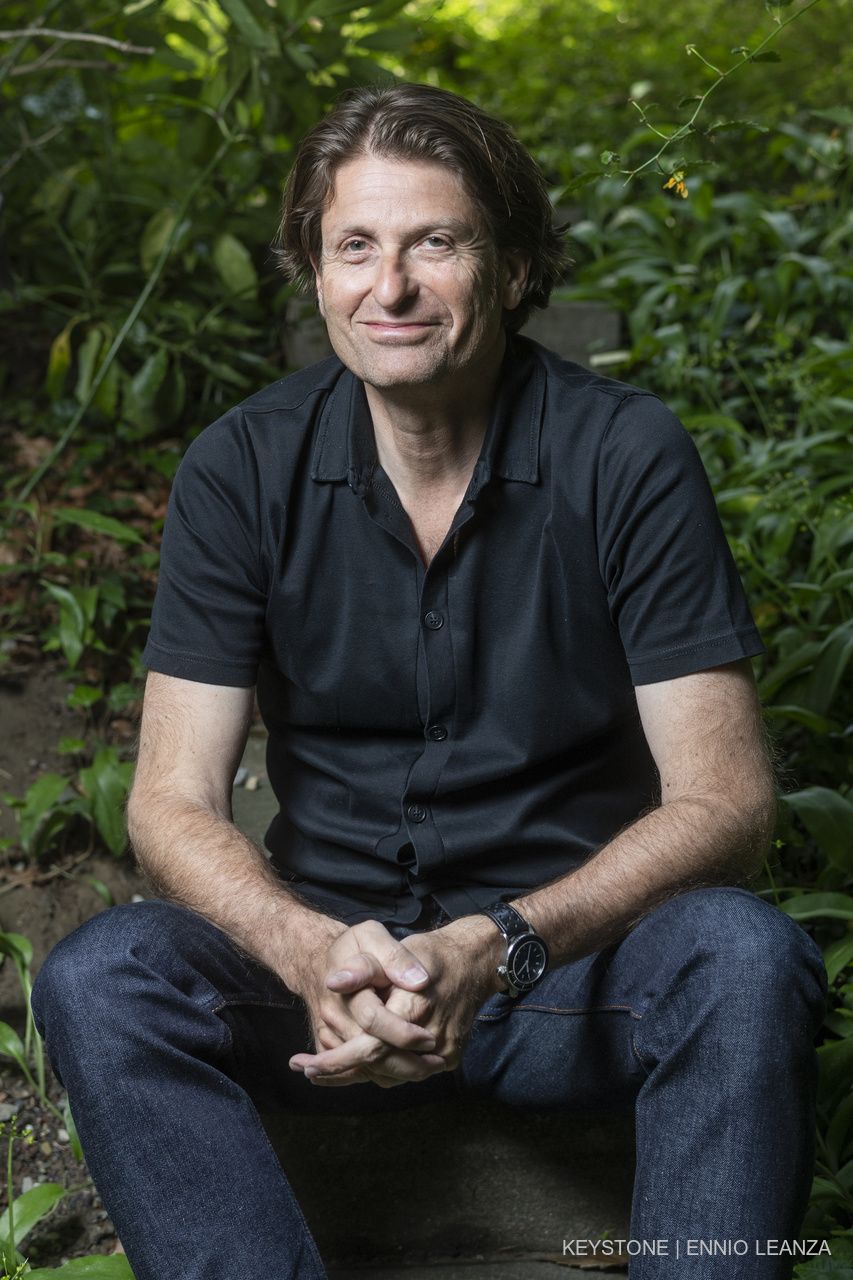
Michel Rappaport, director of the Yesh! from Zurich.
KEYSTONE/Ennio Leanza
Over the past ten years, the festival has gained in professionalism and filled local cinemas. Michel Rappaport attributes this success in part to the improvement of the image of the event, by presenting more “progressive” films which do not necessarily please everyone. “This does not mean that they reflect our opinion,” he explains. According to some people, this is provocation, but what we want to provoke is a realistic discussion.”
This year the festival offers a mix of fiction films and documentaries from 14 countries. On display in particular, No Other Landcrowned best documentary at the last Berlin International Film Festival (Berlinale), in February. The directors – Palestinian Basel Adra and Israeli Yuval Abraham – faced fierce reactions, including death threats, after giving a thank you speech calling for peaceful coexistence. Israeli and German politicians called the speech anti-Semitic. But that did not dissuade Michel Rappaport.
Palestinian films
“It has become a sort of tradition to include Palestinian films in the program of the Yesh! festival, because it is an important issue for us, Jews, and for the whole world – and even more so now, after what happened on October 7, 2023,” notes Michel Rappaport.
The unavoidable subject is this: the terrorist attacks of October 7 perpetrated by Hamas and Israel’s response, which from Gaza extended to Lebanon, Syria and Iran, thus getting closer to a regional war. Jews living outside Israel cannot escape the debate on the conflict and it was not possible to avoid it when developing the program, says the festival director.
Michel Rappaport recalls that Israeli films represent only half of the festival program, and that only one was made after October 7: the documentary Supernova about the rave party in the Israeli desert, attacked by Hamas. “Making a film takes three years or more. All the others were produced before October 7, he explains. We could say that they are outdated, but they remain very current. Perhaps they have become even more relevant in light of events.”
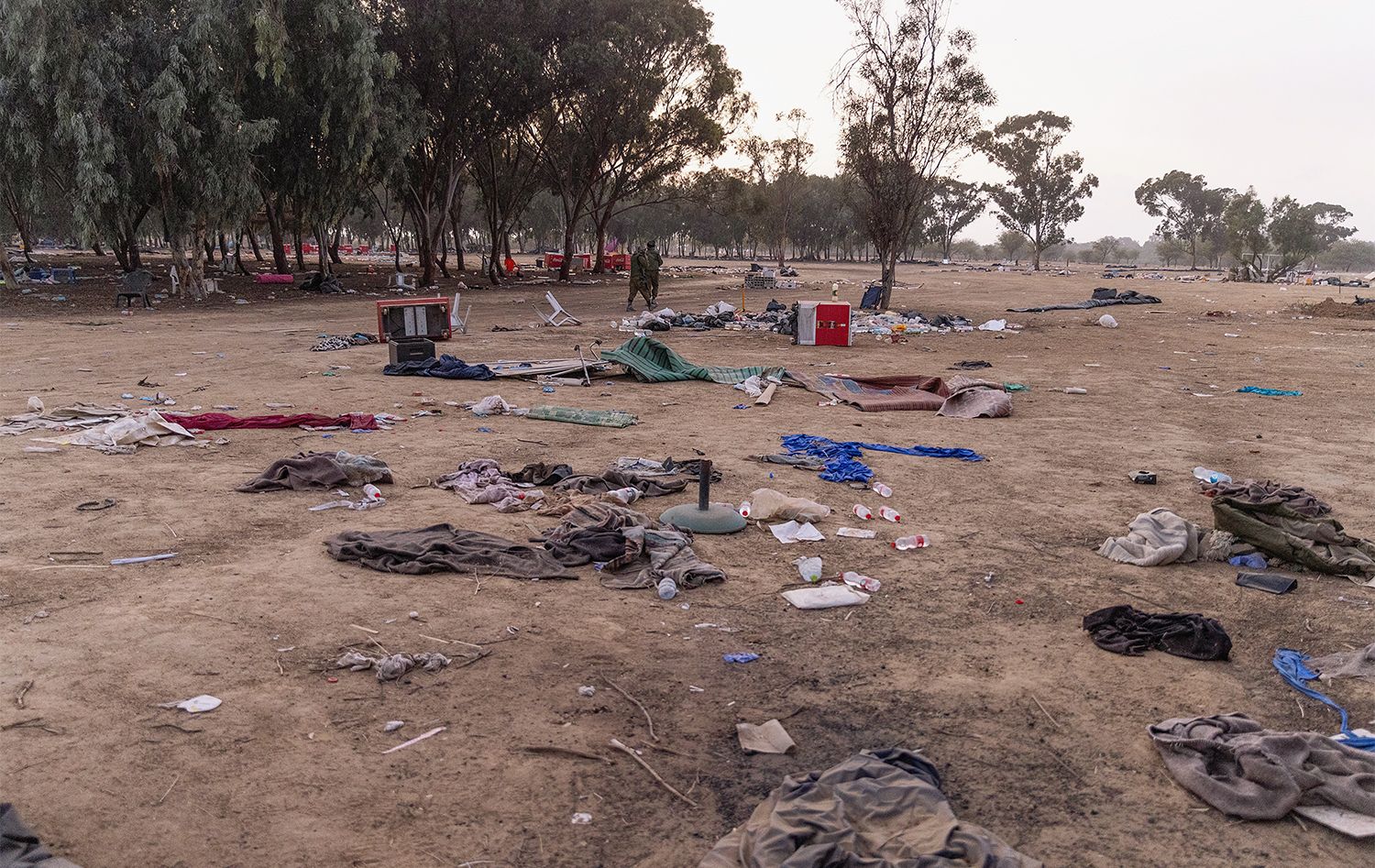
On the ransacked grounds of the Supernova rave, brutally attacked by Hamas commandos on October 7, 2023. The documentary on the attack is the only film of the festival completed after the start of the current war.
the country
It is very unfortunate, to say the least, that many of Hamas’ victims were people who identified with the “peace camp,” a political force that is in sharp decline in Israel. Israeli cinema is one of the rare sectors where progressives are in the majority.
In September, 300 filmmakers published an open letter calling for a boycott of two Israeli films featured at the festival. One of them is Why Wardirected by Amos Gitai, probably the most important Israeli director and a long-time critic of Israel.
The diaspora dilemma
According to Michel Rappaport, the Israeli far right, with its explosive mix of nationalism and religion, has usurped the Jewish identity. “It is a real shame that we have to distance ourselves from Israel, which we do not want. But, at some point, we have to do it,” he says.
Michel Rappaport recognizes, however, that it is perhaps unfair to criticize Israeli society from outside the country. “We don’t send our children to the army,” he said. It’s hard for me to blame Israelis. All their lives they lived surrounded by enemies and you saw what happened on October 7th. Israel’s reaction is perhaps natural. I don’t know how I would react.”
“But, on the other hand, Israelis are not distancing themselves enough. They need the diaspora to say, ‘Look, take a step back and see what you’re doing.’ What is happening with Palestine does not come out of nowhere. I don’t blame Israelis, but so many things have gone wrong over the last seventy years.”
Michel Rappaport admits to often feeling shaken: “For around thirty years, Israelis have been blind. They benefited from a perfect economy, from the rise of high-tech industry, but, under their noses, the Occupation [des territoires palestiniens] occupied Israel. I always dreaded that one day something would happen, because it couldn’t last like this forever. And it happened, unfortunately, a year ago.”
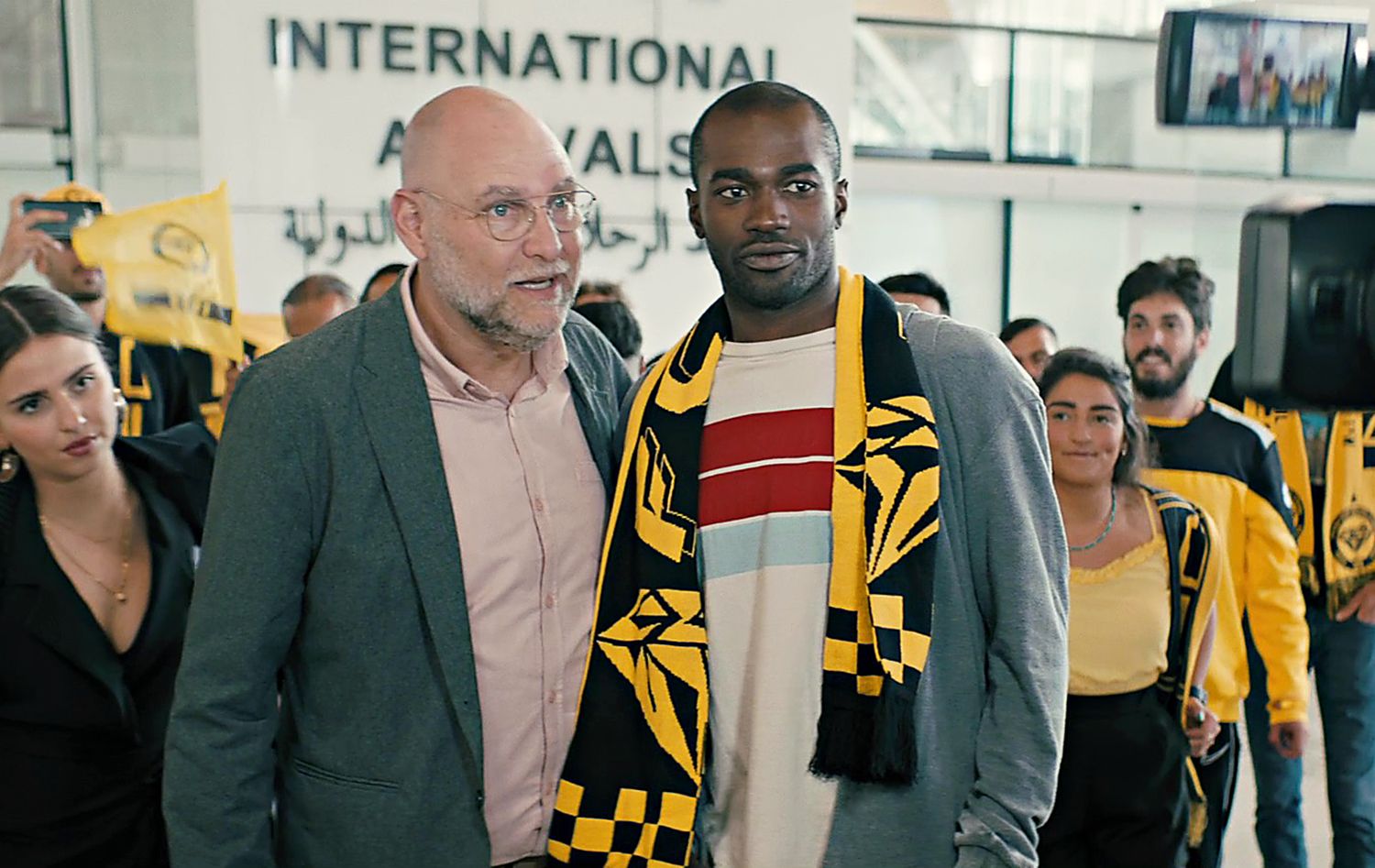
Other themes than war are addressed: the Israeli film “Running on Sand” opens a window on Eritrean refugees in Israel.
Yes!
S’unite?
Later this month, Geneva will host the 13e edition of the Cinematographic Meetings “Palestine, to film is to exist” (November 27 – 1is December), a festival dedicated to Palestinian films. Another took place in Zurich, to which Michel Rappaport was also invited, but the Yesh! and these events are distinct.
Michel Rappaport says he considered organizing a Jewish-Palestinian festival in Switzerland.
“Maybe in a few years, but it would be a totally different manifestation of Yesh!”, he specifies.
However, this would not be easy for Palestinians, he points out: “I wanted to show a Palestinian film at the Yesh! festival, but the Arab producers told the distributors that they would not give it to us.”
“The Palestinian people are also under pressure from the Arab world not to enter into contact with Jews for collaboration or even peace. There are people in Zurich with whom I am not associated, but whom I would like to know, organizations which bring together Jewish and Palestinian people. But I suppose it is much easier for me than for them to commit to such a project.”
Michel Rappaport’s search to establish links with the other party requires, initially, an awareness of the suffering of Palestinians as well as the imagination to conceive and implement the coexistence of the two communities. “There are too many weapons and not the slightest positive vision of a peaceful future,” he laments. When it comes to vision, for the moment, there are only films.
Text reread and verified by Simon Bradley, translated from English by Zélie Schaller/sj
Plus
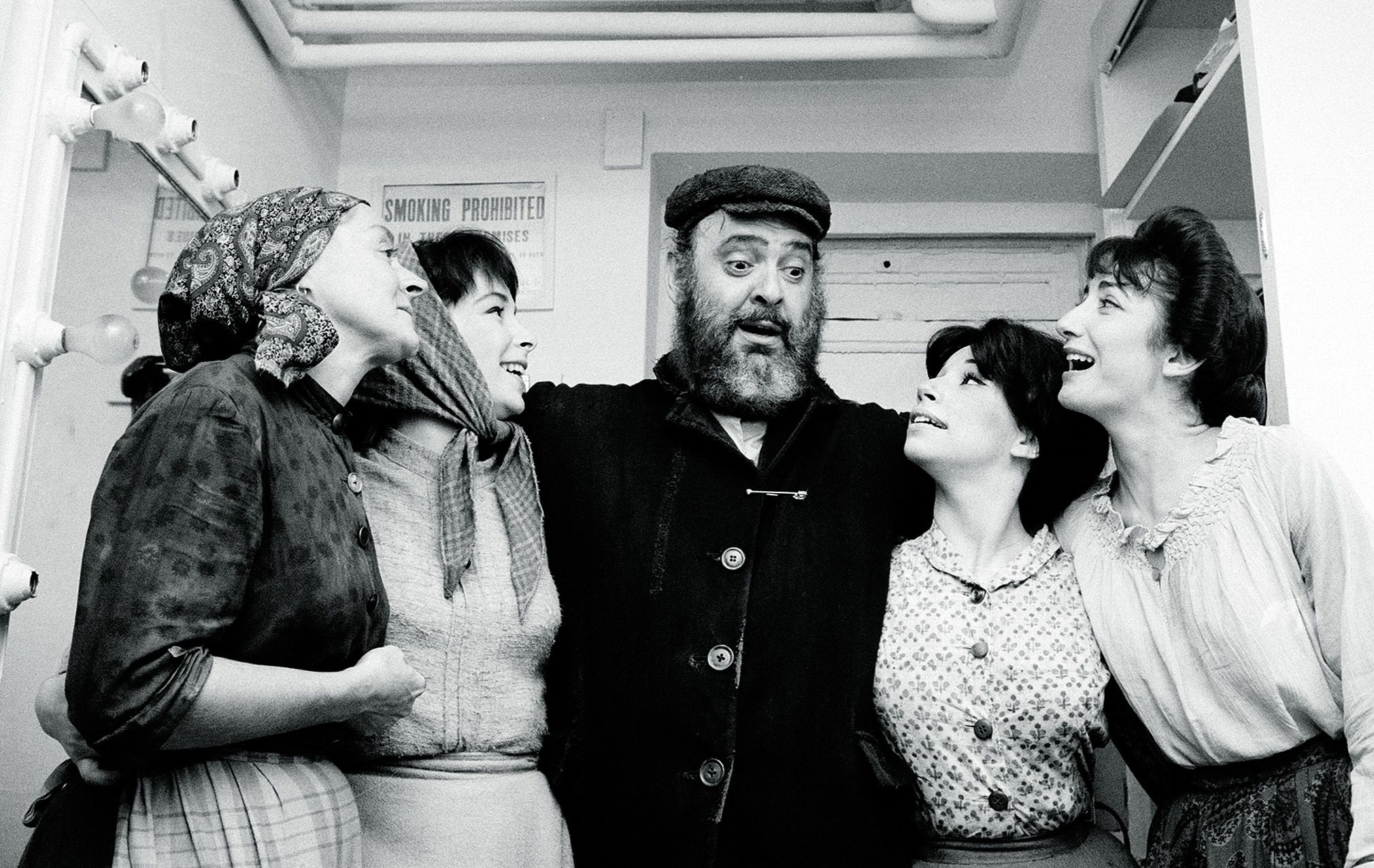
Plus
Discovering Jewish identities
This content was published on
June 9. 2021
The Yesh! in Zurich explores Jewish identity through 32 films.
read more Discovering Jewish identities

